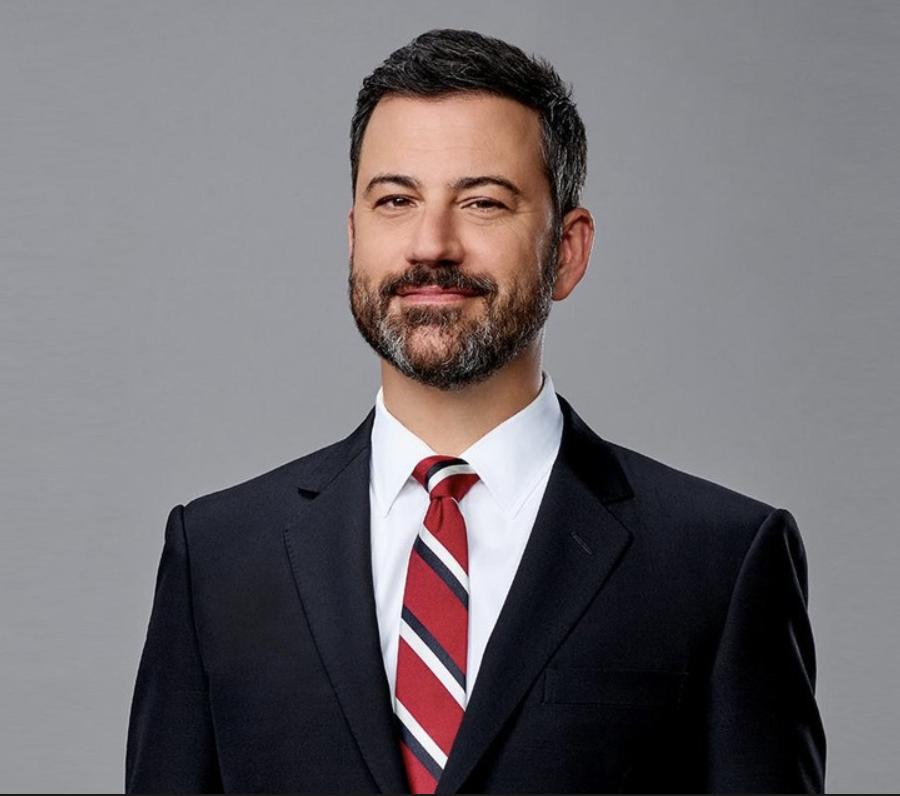Jimmy Kimmel Under Fire for Jokes About Tesla Vandalism – Critics Claim He’s Encouraging Destructive Behavior
Controversy Arises Over Jimmy Kimmel’s Tesla Joke
Late-night host Jimmy Kimmel is facing backlash after making jokes about recent Tesla vehicle vandalism during a segment on Jimmy Kimmel Live. What was intended to be a humorous commentary on the ongoing issues with Tesla vehicles quickly sparked outrage, with critics accusing Kimmel of trivializing criminal acts and encouraging violence.
The controversy began when Kimmel addressed the recent incidents of arson and vandalism targeting Tesla vehicles in locations like Las Vegas. In a sarcastic tone, Kimmel joked, “Please don’t vandalize. Don’t ever vandalize Tesla vehicles.” The audience laughed, but soon after, the joke caught the attention of online viewers, including many Tesla fans and critics, who felt the remark crossed a line.
While Kimmel’s intention was likely to entertain, his comments were met with significant criticism from individuals who saw the jokes as insensitive. Critics, including some well-known figures, argued that making light of such destructive actions could normalize them or even encourage future vandalism. Many viewers were concerned that Kimmel’s quip was inappropriate, given the seriousness of the issue.
Fox News host Sean Hannity was one of the most vocal critics, calling Kimmel an “unhinged loser” and questioning whether Disney, the parent company of ABC, supported such humor. Hannity even directed his frustration toward Disney CEO Bob Iger, asking whether this type of comedy aligned with the values of the company. He said, “Bob, are you OK with this seeming glorification of violence? Is this the inclusive, woke, DEI, ABC Disney brand?”
These comments reflect the concerns of many who believe that television networks should be more responsible for the content aired by their hosts, especially when it involves humor that may appear to downplay real-world violence. While the joke might have been intended as satire, the line between humor and harm can sometimes be difficult to draw, especially when sensitive topics are involved.
CNN commentator Scott Jennings also weighed in, accusing Kimmel of sending a dangerous message to his audience. Jennings expressed his opinion on social media, writing, “The message from the American Left to conservatives is unmistakable: silence yourselves, or we will do it for you. This isn’t comedy—these are marching orders.” This statement implied that Kimmel’s jokes weren’t just playful commentary but may have carried a deeper, more divisive tone.
In response to the backlash, Tesla CEO Elon Musk addressed Kimmel’s comments directly, calling him an “unfunny jerk.” Musk, who has frequently been a target of late-night comedians, has had a tense relationship with Hollywood in recent years. This latest exchange added fuel to the fire, with Musk continuing to criticize Kimmel for what he considered an unfair portrayal. Kimmel, for his part, did not back down and made additional jokes about Musk in later shows, even referencing Tesla’s layoffs and mocking Musk’s use of a chainsaw during a controversial employee firing celebration.
While some of Kimmel’s supporters argue that his jokes were simply lighthearted and intended to entertain, others question whether humor involving real-world crimes can ever be appropriate. The debate over Kimmel’s comments highlights the fine line that comedians must walk when joking about sensitive issues, particularly when those issues involve criminal activity or destruction of property.
Many people defend Kimmel’s right to free speech and argue that comedy is a means of exploring even difficult topics in a satirical manner. However, others feel that making light of vandalism could unintentionally endorse or minimize the harm caused by such actions. Public figures and celebrities, it seems, are under more scrutiny than ever when it comes to the words and jokes they share with their audiences.
Ultimately, the backlash against Kimmel’s jokes reflects a broader cultural conversation about the role of comedy in society. Some critics say that jokes should be more carefully considered, particularly when they involve sensitive subjects like violence and crime. Others maintain that humor is an essential part of free speech, and people should be able to laugh at difficult situations without fear of retribution.
As the debate continues, Kimmel’s Tesla jokes serve as a reminder of the challenges faced by public figures when it comes to making humor that resonates with a wide range of people. While comedy is often meant to push boundaries, it is clear that the audience’s perception of those boundaries can change, and comedians may need to be more attuned to the potential impact of their words.
For now, the controversy surrounding Kimmel’s comments offers a case study in how humor can both unite and divide, depending on the context and the audience. It also emphasizes the increasing role that social media plays in shaping the conversation around public figures, their actions, and the jokes they make.
As the fallout from Kimmel’s Tesla jokes continues to unfold, it’s clear that humor will remain a contentious and complex subject, especially when it involves sensitive topics such as vandalism, violence, and crime. Whether comedians choose to push boundaries or adopt a more cautious approach, the conversation around comedy and its potential consequences will likely continue for the foreseeable future.
